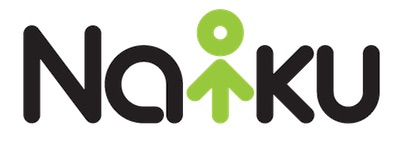Readers of this blog and users of Naiku know the power of Naiku’s assessment platform. But did you know that Naiku is a comprehensive tool that can serve as your Instructional Improvement System (IIS)? If you previously used Thinkgate and are looking for a next generation Instructional Improvement System, take a close look at Naiku.
A good IIS needs to include the following 6 components. Let’s take a look at how Naiku meets these needs.
Standards and Curriculum
An IIS should include educational content aligned to Common Core State Standards, state standards, or local district standards.
- Naiku allows teachers to align assessments and other educational content to Common Core State Standards, state standards, local district standards, and other national standards such as the Next Generation Science Standards, Advanced Placement standards, etc. Naiku also includes a Curriculum Map to help you organize and plan your instruction around the standards.
Instructional Practices
An IIS should facilitate good instructional practices to improve and accelerate student learning.
- Naiku allows teachers to supply learning resources to students based on their assessment results. These adaptive learning resources help teachers quickly differentiate instruction to improve learning.
Assessment and Growth
An IIS should include formative and summative assessment tools to monitor student progress and growth.
- Naiku allows teachers to create and deliver both summative and formative assessments. Assessments can be delivered on-line or on paper and scanned.
Learner Profiles
An IIS should allow teachers and administrators to view student results and get performance profiles by subgroups.
- Naiku syncs with your Student Information System (SIS) so performance can be presented by individual students and by various subgroups such as gender, ethnicity, LEP, etc.
Data Analysis and Reporting
An IIS should include data analysis and reporting tools that give teachers and administrators meaningful and actionable information.
- Naiku provides test analysis, item analysis, student, teacher, school, and district reports that inform teacher instructional and administrator policy decisions.
Professional Development
An IIS should include professional development that helps teachers grow and enhance their instructional and assessment practice.
- Naiku professional development sessions on instructional and assessment best practices are designed and presented by psychometricians with expertise in instructional and assessment theory and practice.
Finally, current Naiku users already know about and are already using Learner Centric Assessment practices. These research-based strategies engage students in the instruction and assessment practice to accelerate learning. These practices include student self-assessment, prediction, confidence, and reflection. These learner centric practices are unique to Naiku and can help make your ISS more effective.

